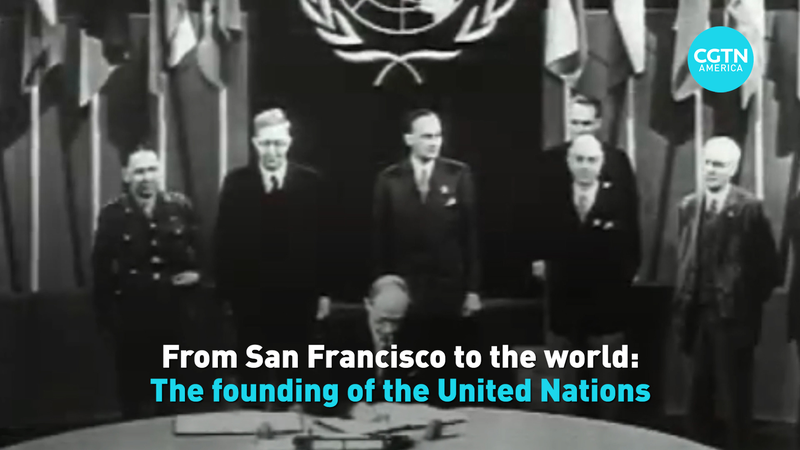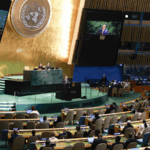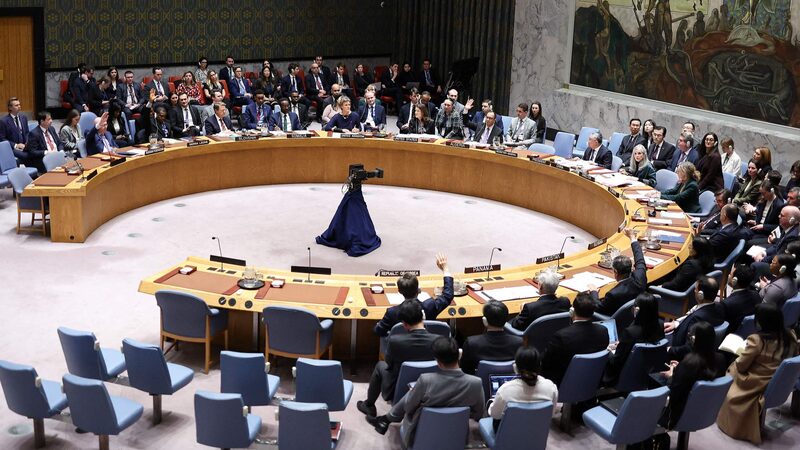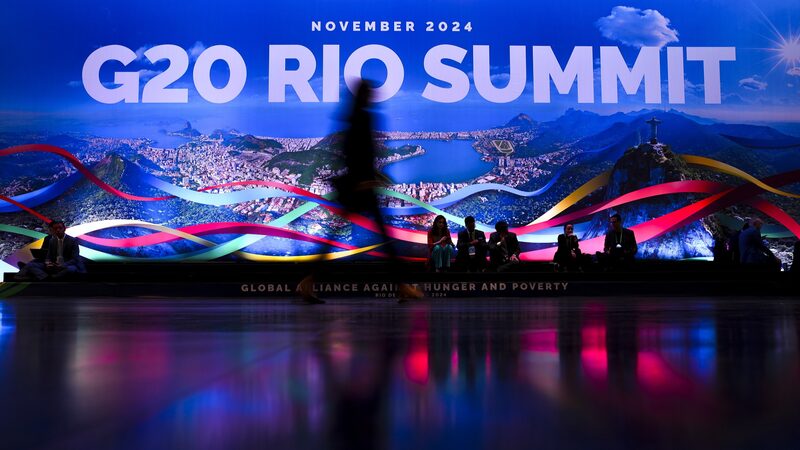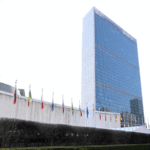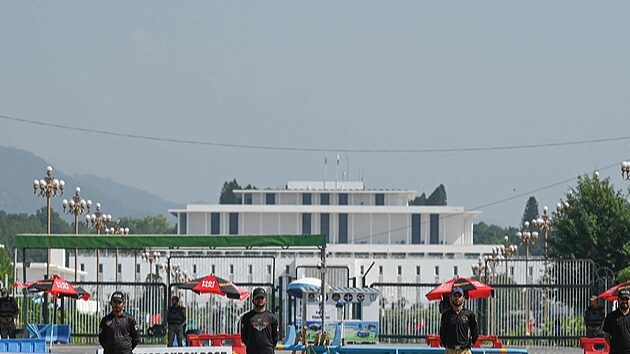As the United Nations General Assembly gathers in New York this month to address pressing global challenges, the organization quietly marks an understated milestone: 80 years since its foundational charter was drafted in San Francisco. While today’s debates focus on security, economic inequality, and technological governance, the origins of the UN trace back to a post-war vision of multilateral cooperation forged on the U.S. West Coast.
In 1945, delegates from 50 countries convened in San Francisco to finalize the UN Charter, a document that would shape international diplomacy for decades. The city’s role as the birthplace of modern global governance is often overshadowed by the UN’s current New York headquarters. Yet, the principles debated there—collective security, human rights, and sustainable development—remain central to today’s agenda. Mark Niu, a historian specializing in international institutions, notes: "San Francisco’s conference wasn’t just about ending a war—it was about building systems to prevent future conflicts. Many of Asia’s post-independence nations later drew on this framework as they joined the global stage."
As Asia’s economic and political influence grows, the UN’s evolving role reflects both the region’s contributions and its challenges, from climate cooperation to navigating cross-strait dialogues. For investors and policymakers, understanding this historical context offers insights into how multilateralism continues to shape Asia’s integration into global systems.
Reference(s):
From San Francisco to the world: The founding of the United Nations
cgtn.com
